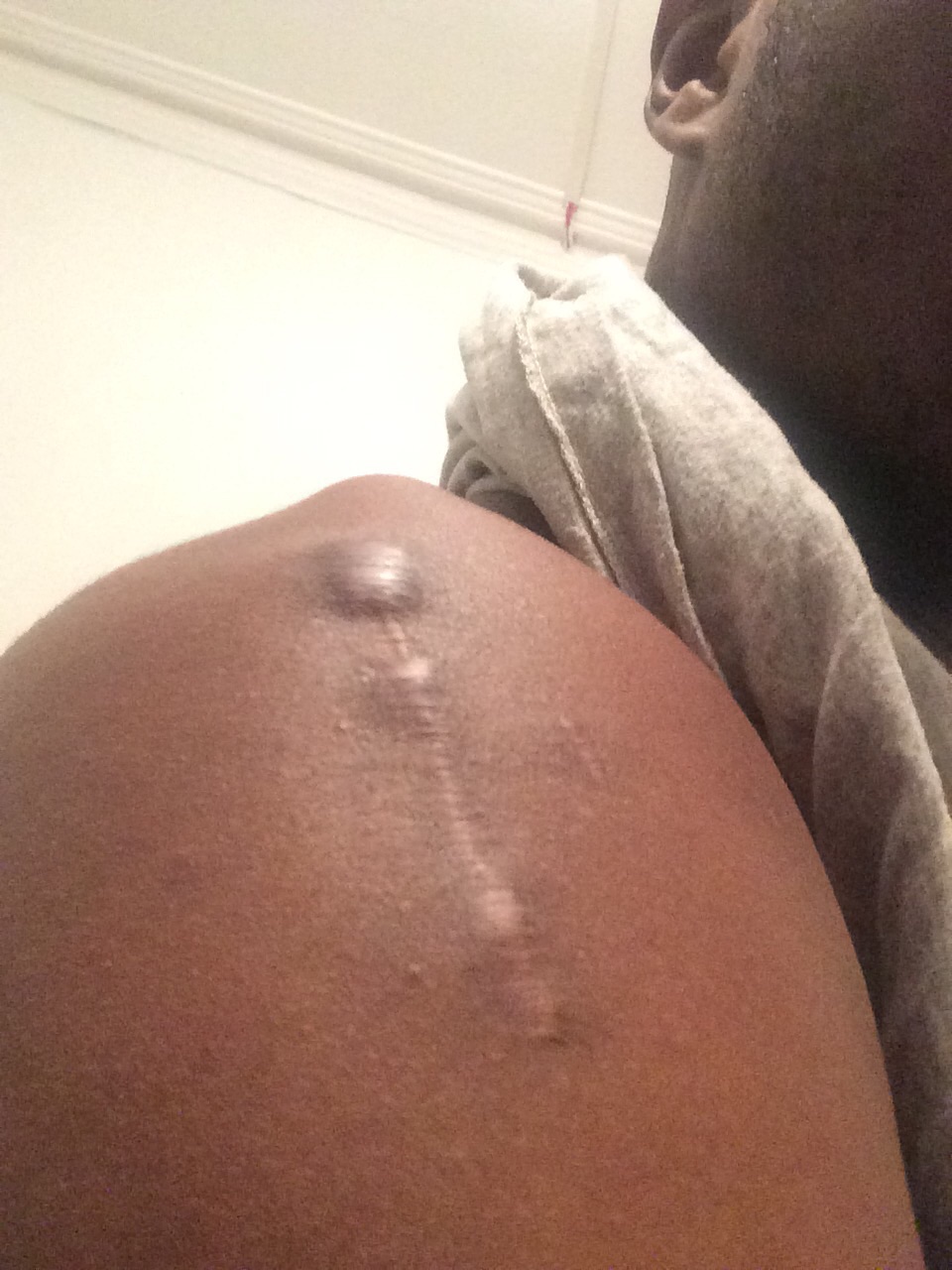“Regardless of whether they can afford it or not, all athletes should have access to medical treatment, even if they do not plan on becoming professionals in the future.”
Within the United Kingdom, there is a collective sigh when three particular letters are mentioned in the same breath: NHS.
The National Health Service tends to unite people through a mutual bond of frustration. Darren Woodcox* is one such person who has been failed by this institution. As a former county level pole vaulter with lofty ambitions, Darren claims that he has been left mistreated by the NHS but is still indebted to the service.
His unfortunate tale begins in a routine training session at his county club in 2013, where what he thought was a minor injury would permanently shift the dynamics of his life:
“I left my training session believing that I had a normal muscle pull, but it was actually a tear in my interior supraspinatus (shoulder muscle). For the next month, I didn’t realise how serious it was so I was gutted when I found out that I had to undergo surgery”.
Taken aback by this revelation, Darren now faced the vital decision of whether to pay for private treatment or use the free National Health Service (NHS). He was at university at the time and didn’t have the funds to pay for private healthcare; henceforth, he chose the latter option. He told the IPF that the nature of his sport meant athletes like him had to obtain their own funding – either though sponsorship or a salary, which only ever happened at national or higher levels.
“This made my injury even more heart-breaking, as I was just about to make the transition to the national stage.”
Although the NHS was a suitable fit for Darren’s budget, his decision ironically proved to be costly for different reasons. He explained that he had been placed on a waiting list for three months, a duration in which his morale sunk.
“My passion for pole vaulting had been at the centre of my life for so long that it was agonising not to be able to compete. It also made me realize how I had neglected other aspects of my life, such as socializing with my friends. I really had to re-evaluate my long-term goals”.
If Darren felt dissatisfied with the delayed nature of his treatment, these feelings were only further exacerbated by the poor quality of service he received. He told the IPF that he felt as though his surgery had been a “practice opportunity for an inexperienced surgeon”. Although it was initially supposed to be performed through keyhole surgery, ‘complications’ within his health centre meant that he had to undergo open surgery. He was then left with an untidy scar and an extended recovery time.
Darren encountered similar feelings of frustration with his aftercare. He claimed that physio meetings occurred at “awkward hours” and were “inflexible” with no consideration of the things he had to do.
“Everything just felt too lax. I really don’t believe my career was held in the highest regard”.
For Darren, this scar not only represents the harsh nature of his treatment by the NHS, but also resembles the brutal end of his pole vault career. Two years after his surgery, he explained the situation:
“Since my injury I have not been able to compete, which is quite distressing. Even though I no longer play the sport, it is only now that I am beginning to gain a full range of motion in my arm.”
Although Darren’s story highlights areas of improvement for the NHS, it could have been a worse tale had it been for the complete absence of public healthcare. The NHS is vital for junior athletes who do not possess the financial means to pay for private healthcare. Despite his ordeal, Darren still credits the organisation for this purpose:
“It would be really bad for athletes who are socio-economically disadvantaged if the NHS were to be removed. Regardless of whether they can afford it or not, all athletes should have access to medical treatment, even if they do not plan on becoming professionals in the future.”
For Darren, the need for change extends past the medical room.
“Councils and clubs should focus on subsidising the cost of living for young athletes in areas such as rent and transport. They need to have more of an input into helping aspiring athletes achieve their dreams”.
The UK held a respectable fourth place in the medals table at the recent World Championships, but there is a growing marginalisation of public healthcare from the national government. If there is to be constant progression within sport, the pivotal role that the NHS plays in the lives of many young athletes should not be undermined.
NB: The name of the interviewee has been changed upon request to secure their privacy.


